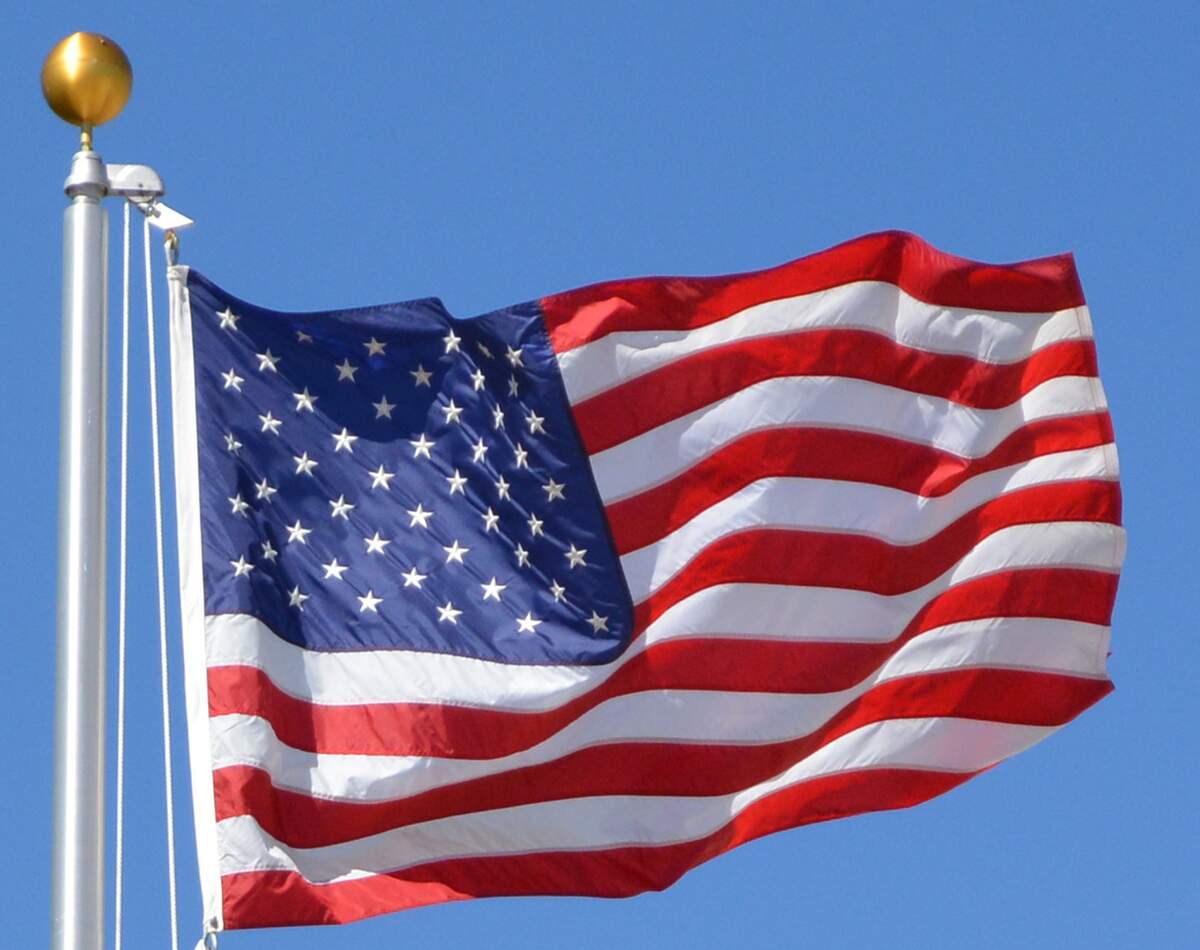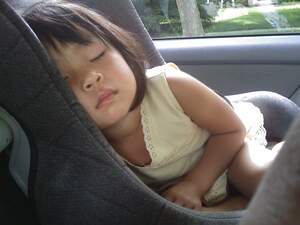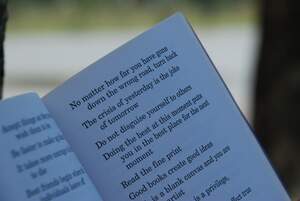

Korean American Day
Observed
annually on January 13th (since 2004)
Dates
Founded by
Korean American Foundation Hawaii (KAFH) (formerly Centennial Committee of Korean Immigration to the United States (CCKI)) on October 30th, 2003
United States Senate on December 16th, 2005
Dr. Byung Wook Yoon
Hashtags
Sources
http://keia.org/page/korean-american-day
http://www.keia.org/page/history-korean-american-day
https://www.govtrack.us/congress/bills/109/hres487/text
https://www.govtrack.us/congress/bills/109/sres283/text
https://www.govtrack.us/congress/bills/112/hres599/text/ih
https://www.govtrack.us/congress/bills/115/hres686
https://www.anrdoezrs.net/links/100298379/type/dlg/https://www.newspapers.com/image/266784716
https://www.anrdoezrs.net/links/100298379/type/dlg/https://www.newspapers.com/image/266784811
https://www.anrdoezrs.net/links/100298379/type/dlg/https://www.newspapers.com/image/658351813
https://www.anrdoezrs.net/links/100298379/type/dlg/https://www.newspapers.com/image/658351831
https://www.presidency.ucsb.edu/documents/proclamation-7638-the-centennial-korean-immigration-the-united-states
https://www.timebulletin.com/korean-american-day-2020-history-and-significance-of-korean-american-day/
A treaty was signed between the United States and Korea in 1882, which formalized peaceful relations built on friendship and commerce between the two countries. Shortly thereafter, students, politicians, diplomats, and businesspersons from Korea began visiting the United States. Then, the SS Gaelic arrived in Honolulu, Hawaii, on January 13, 1903, carrying 102 Korean immigrants. Over the next two years, around 7,500 Korean immigrants arrived in the United States, most of whom worked on sugar plantations in Hawaii. Korean American Day commemorates the arrival of the first Korean immigrants to the United States and honors the contributions of Korean Americans to the country. The holiday has been observed by states and municipalities and has been designated by the United States House of Representatives and the United States Senate.
For the centennial year of the first arrival of Koreans to America, in 2003, President George W. Bush issued Proclamation 7638, proclaiming the day as the Centennial of Korean Immigration to the United States, and to be a day to celebrate the first arrival of Korean immigrants and the contributions of Korean Americans to the country. This celebration was specific to the centennial and was prior to the federal government's recognition of Korean American Day.
In 2002, the Korean Festival was held in Honolulu's Kapiolani Park. It was again held the following year, during the centennial year, and was attended by approximately 35,000 people. Following the 2003 event, a decision was made by the Centennial Committees of Korean Immigration to the United States that it would be an annual event, and on October 30, 2003, they designated January 13 of each year as Korean American Day, "to memorialize the more than 100-year journey of Korean Americans in the United States." The day began being celebrated in some states and municipalities. For example, in January 2004, the California State Legislature proclaimed it to be Korean American Day each January 13.
The recognition of the day on a national level was spearheaded by Dr. Byung Wook Yoon. In 2004, after being president of the Southern California Centennial Committee of Korean Immigration to the United States, he became president of the Korean American Foundation, a group that succeeded the Centennial Committee, which had goals to foster pride in Korean cultural heritage and traditions, as well as to establish Korean American Day. While president of this organization, Dr. Yoon formed the National Committee of Korean American Day and campaigned for the day on the national level.
Partly on account of Dr. Yoon's leadership, the United States House of Representatives and the United States Senate passed resolutions in support of Korean American Day. S. RES 283 encouraged the celebration of Korean American Day so citizens would have a greater appreciation for the contributions Korean Americans have made to the United States and called for the day to be filled with "appropriate programs, ceremonies, and activities." H.Res. 487 had comparable wording. This wasn't the only time the federal government acknowledged the day. Similar resolutions were introduced in the House years later, such as in 2018.
How to Observe Korean American Day
Some ideas on how to spend the day include:
- Visit the Korean American National Museum or the Korean American Historical Society.
- Stop at the Korean Centennial Memorial in Honolulu.
- Plan to attend the next Korean Festival.
- Read a book about Korean Americans.
- Learn about some notable Korean Americans.
- See if there are any events related to the day near you that you could attend. One of the most prominent events of the day is a luncheon sponsored by the Korea Economic Institute (KEI), held in Washington, D.C. The KEI recognizes three Korean Americans and has a keynote speaker at it.





















